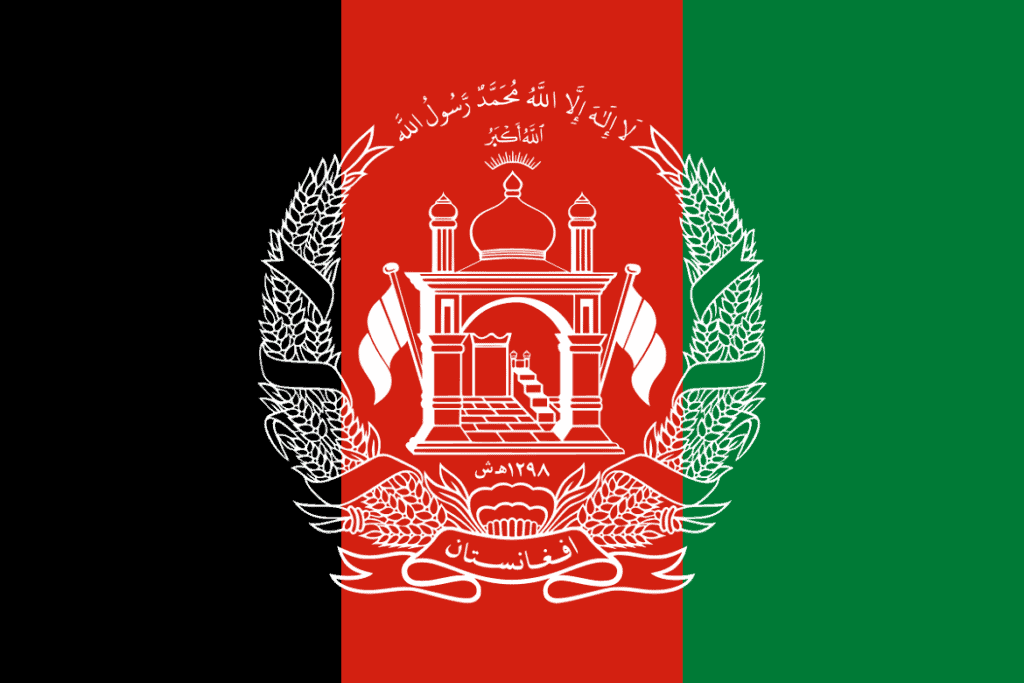By Rana Danish Nisar
Apart from glorious, magnificent and bravura historical significance, the land of afghan has been facing turmoil, uproar, pandemonium and bedlam since late 1979s.

The Russian invasion, the USA involvement, rise of Taliban, the 90s longheaded Taliban regime, 9/11 incident, war on terror, drone attacks, NATO forces, these vocabulary as well as lexis in the discipline of International Relations are directly or indirectly connected with the land of Afghan. Since the 1979s, the social structure, educational setup, state’s essential pillars seems as replica of destruction. The almost every new cohort of the land of afghan is facing continually this pandemonium. The poverty ratio is higher than as compare to the glorious historical era.
The land of Afghanistan can be considered as magnificent impeccable entity during the communist rule. In addition, since the time of yore, the land can be more explained as the “battlefield of Great Powers” or “Great Game”. But soon after the rise and fall of Soviet in the Afghanistan, change the entire setup of this fundamentalist Pakhton’s majority state. The 1990s era and Taliban rule on Afghanistan tells another story of glory of excellent implementation of seamless rule of law in Afghanistan according to Taliban. The 9/11 incident, USA attack on Afghanistan with the name of “War on Terror” change the whole structure of geo-politics of the region. Moving head, since 2014 when the USA decide to withdraw its forces from the Afghanistan and finally the almost after 20 years of long war the USA has been firmly withdraw its forces.
The withdrawal of the NATO as well as American forces from the Afghanistan open the new “Pandora Box”. The issue of Afghanistan is now the new “burning issue” in high meetings, international security juxtapositions etc. The future dark eclipse is calling for Afghanistan and the darkness of this eclipse could be seen on the other entities of the region and also neighboring countries. The clash between Taliban and Afghan government is rising day-by-day. In the Taliban perspective, it’s the issue of “identity & Power” and their “identity” is associated with the word of “Taliban”.
If someone catch-up this word “Taliban” from them then there is nothing afterwards. For the survival of their identity, this group needs rule and government or frankly speaking need “Power” in not only in some areas but in whole Afghanistan. Interestingly, it is all about the game of power, the lust of power according to the classical realism. By nature, man is selfish and power seeker. The acquisition of more and more power is the core believe of realism school of thought. The afghan government and Taliban both need their power structure. This lust of power and rift among both groups calls the unbelievable destruction. Additionally, this long-headed rift among two groups make a vacuum in the Afghanistan which can be full filled by any third one party and that third parties can be further provoke non-traditional security challenges not only for the land of Afghan but also for the regional states.
According to top American General Austin. S. Miller, the security situation in the land of Afghanistan is deteriorating day-by-day that can lead a long-headed regional security problem. 1 Moreover, the US push the neighboring countries not to recognize the new rising hold of Taliban in the Afghanistan.2 Biden shows his sympathy for the nation of Afghanistan and gives explicit statement that “Afghan leaders must ‘fight for their nation’ as Taliban gains increase.3 The heat of Afghan’s instability and chaos could be felt by its very first eastern border vicinity “Pakistan”.
From late 70s to till now, Pakistan has been facing serious and severe consequences of long-Afghan war and WOT. The worst security situation in the province of Baluchistan, rising internal non-traditional security threats, terriosim are the by-product of afghan’s instability. The afterwards result of Afghan refugees flood towards Pakistan seems worst for the “Land of Peace” (Pakistan). The Security specialists and analyst’s ink that the AK-47 culture, extremism, terrorism in the Northern Areas of Pakistan are also the result of Afghan’s Chaos. The PM Imran Khan along with Iranian Foreign Minister both ink that rising worst situation in Afghanistan may hit severely the security of entire region and it can provoke “Civil War” if the peace-deal will not entertain.4 According to security specialists and International Affairs/Relations pundits the current situation of Afghanistan can further provoke the non-state actors and their worst course of actions in the region. The rising dilemma of terrorism could be seen in the region in imminent time.
Throughout history, Pakistan-Afghan relations have confronted different ups and downs and the absence of common trust and mutual understanding. Pakistan needs harmony and peace at any expense, as Pakistan has been the nation affected most from the Afghan war. Pakistan has indeed welcomed displaced Afghans during the various intercessions of foreign forces; however, Pakistan faces numerous internal security issues now. The huge presence of Afghan refugees has led to internal insecurity and financial issues for the state. Pakistan’s international strategy toward Afghanistan is dependent on the end of the civil war, its harmony, cultural improvement, and the foundation of a strong government that includes every single Afghan stakeholder.
External interference in Afghanistan in 1979 during the USSR occupation extremely damaged Pakistan’s stability, causing an enormous increase in militancy, weaponization, and drug trafficking in Pakistan. In the context of 9/11 and Its Impacts on Pakistan, the prolonged global reflection on Islamic militancy after 11 September 2001, and, specifically, the US invasion of Afghanistan has had a transformative impact on Pakistan and its homegrown invaders. General Musharraf was among the first remote pioneers to have received a clarion call from Washington: “You are either with us or against us” was the message. In addition to its political history already embroiled in endemic crises and challenges that no other country has ever experienced, Pakistan faced a set of different troubles, both internal and external, with the tragedies of 9/11. After 9/11, the scars of the American-headed war on terror have been concretely observable in Pakistan.
From Indian perspective, the 3 billion US$ Indian investment in Afghanistan is sinking.1 Owing to beloved strategic partner of the USA in the wider Asian ward, India is major stakeholder and investor in the Land of Afghanistan by following the notion of “Your Neighbor (Pakistan) is your natural enemy and the neighbor’s neighbor (Afghanistan) is your friend”. Along with Afghanistan’s investment, Indian terrorist network in the Baluchistan (Pakistan) is also weakened now, Fawad Chahudary said.2 In concluding remarks, Owing to complex rising disturb situation of Afghanistan, the major stakeholders of Global politics should think about this matter. The UNSC and GA should take hurry precaution measures aim to resolve this problem.
The third party should be involved between the Afghan government and Taliban aim to resolve the issues among them. Being an active player in the land of Afghan since 1979s, the USA and Biden administration should take this issue seriously. Additionally, the Peace of Afghanistan is also interconnected with the natives of Afghans as well. They should try their best to resolve their problem with more sensibility and maturity.
Rana Danish Nisar – The author is a PhD (International Relations) Student at the School of Politics and International Studies (SPIS). He holds Mphil in (International Relations), Masters in (Pakistan Studies), and Masters in (International Relations) degrees. He won acceptance Harvard Project for Asian and International Relations HPAIR (USA), 2017. His research interests are broadly in South Asian Affairs, South Asia Geo-Politics, India-Pakistan Relations, South Asian Nuclear Politics, US and South Asia, Indian Ocean, Security studies, South Asian developments studies.
(The views expressed in this article belong only to the author and do not necessarily reflect the views of World Geostrategic Insights).
Read also: US Withdrawal from Afghanistan and Echo of its Consequences







